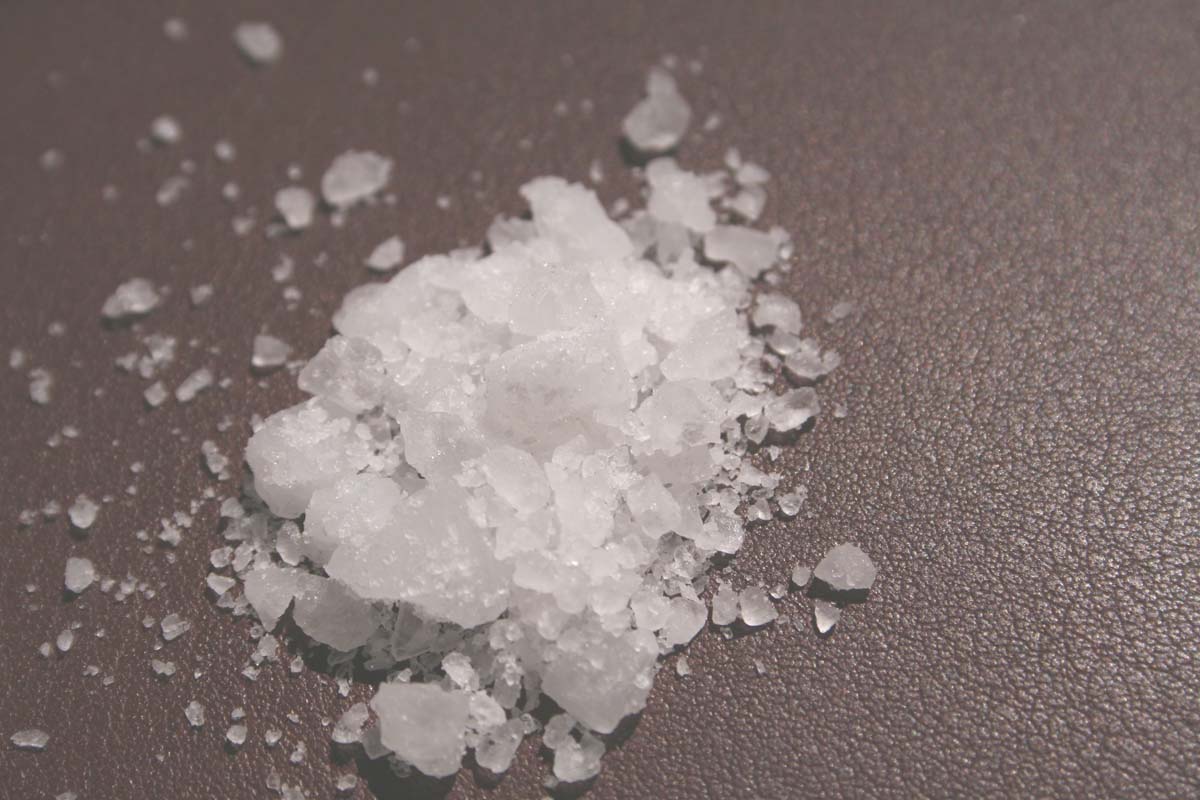
High sodium foods & how to avoid salt in your diet
A person who eats a lot of food which contains large amounts of salt and sodium should know that he or she can cause the occurrence of some diseases.
High sodium intake and health conditions
Kidneys are the organs that regulate the sodium levels in a body. Meat, fast foods, fish and homemade substitutes for salt are the things which are considered to be low on sodium. Foods that have a lot of sodium are nuts, breads, pasta, lentils, snacks, soups, cheese, butter, vegetables, fruits and juices, among other things.
Health conditions which usually occur when sodium and salt are involved are high blood pressure, heart failure, kidney stones and other kidney illnesses, stroke, gastric cancer, edema and osteoporosis. Osteoporosis occurs when a person intakes a lot of salt which causes more calcium to be excreted in the urine. On the other hand, doctors and experts agree that 30% of people who suffer from high blood pressure is due to too much intake of salt. Some studies say that if a person intakes a mere 1g of salt less per day the chances of death are highly decreased.
High sodium foods
Almost all foods have some sodium in the them. However, processed foods have plenty of salt in them. For instance, sausages have over 900 mg of sodium in just 100 g and bacon has some 2000 mg of sodium in 10 0g. 100 g of ham, salami, smoked salmon, hot dog or corned meats contains between 1000 and 1600 mg of sodium. On the other hand, fresh meats have just 60 to 90 mg of sodium in 100 g. Pizza, cheeseburger, potato chips, pretzels, canned vegetables and vegetable juice, instant pasta or soups and sauces and ketchup are also foods that contain lots of sodium in them.
How to reduce the sodium intake in diet?
When buying food, a person should always check the label for the amount of salt like sodium or Na, monosodium glutamate or MSG, baking powder and such things. A good advice is not to keep a saltshaker on the dining table. Instead of salty snacks a person should eat fruits and vegetables as snacks. If a person cannot exclude the snacks totally from a diet, he or she should at least not eat them so often. When buying frozen or canned vegetables, a person should always go for those without added salt. Milk, yogurt and cheese that a person intakes should be low-fat or fat-free and low on sodium. When cooking, a person should try adding spices and herbs instead of salt. Mayonnaise and ketchup contain a lot of salt and should be avoided.


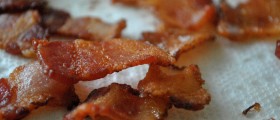
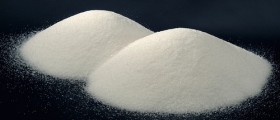
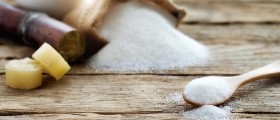
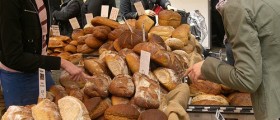
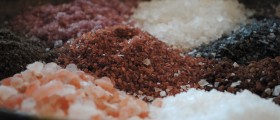
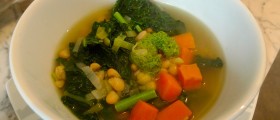
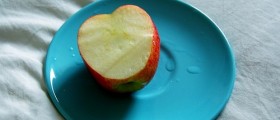
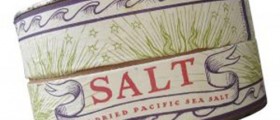
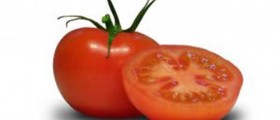


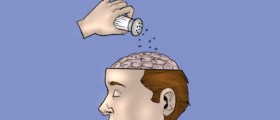
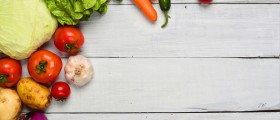
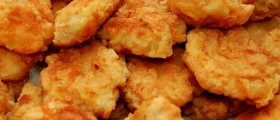
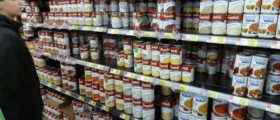
Your thoughts on this
Loading...